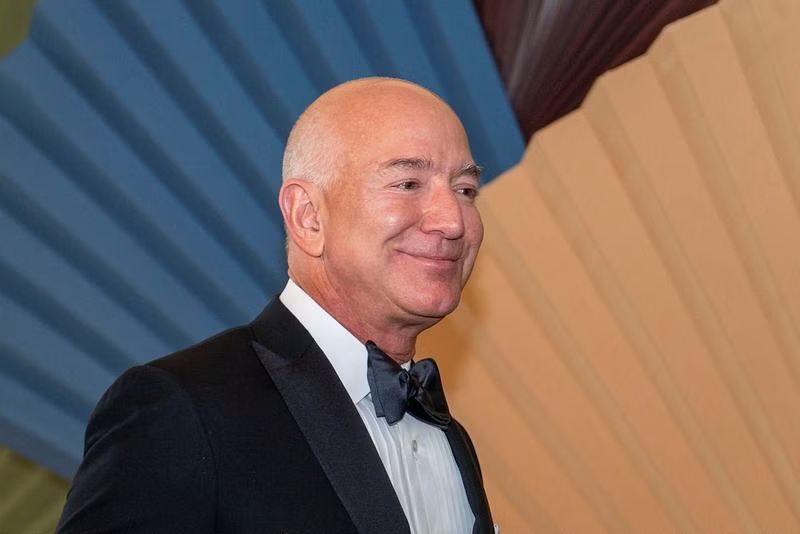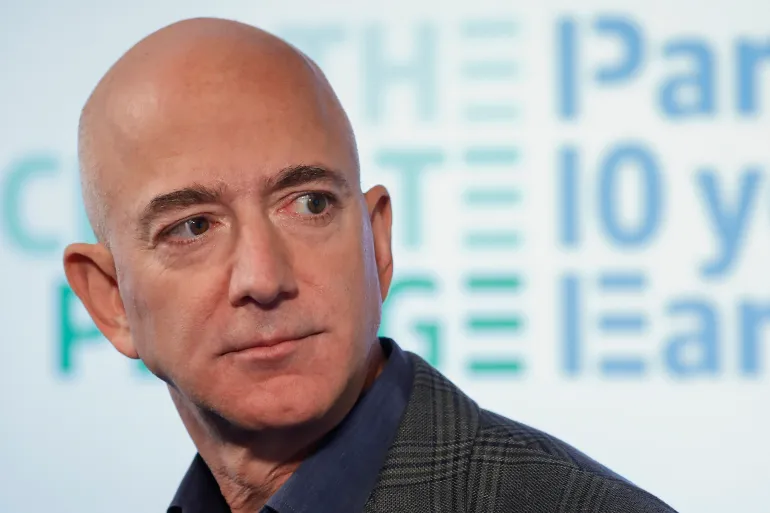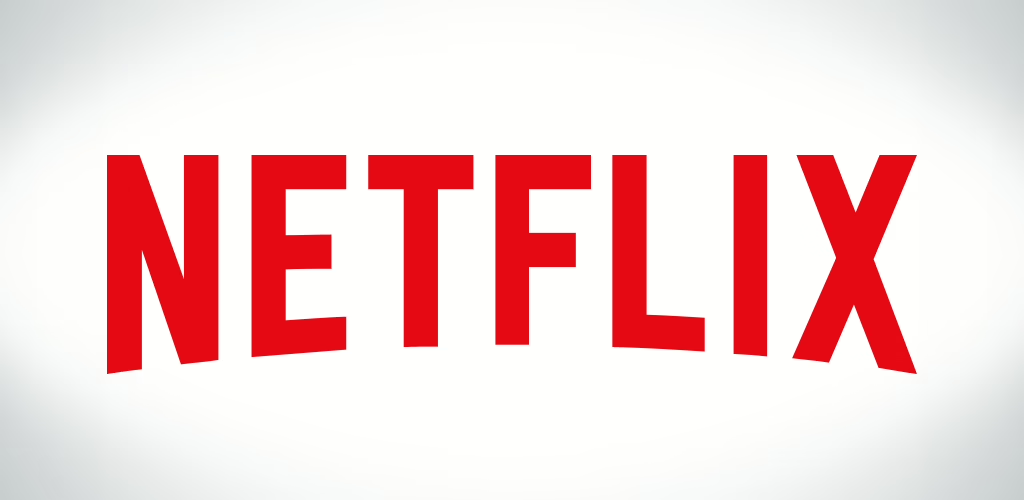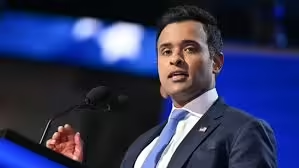
Move to Enhance Credibility
Jeff Bezos, owner of the Washington Post, has publicly defended the newspaper’s recent decision to cease its long-standing practice of endorsing U.S. presidential candidates. He argued that this choice is aimed at reinforcing the publication’s credibility, claiming that political endorsements often foster a perception of bias. In an op-ed published in the Post, Bezos emphasized the need for journalistic independence, stating, “Presidential endorsements do nothing to tip the scales of an election.”
Clarifying the Decision
The announcement came after the Post’s editorial board planned to endorse Democrat Kamala Harris, leading to considerable backlash. Bezos clarified that the decision to stop endorsements was made independently and was not influenced by any business interests or negotiations with political figures. He stated, “No quid pro quo of any kind is at work here,” and emphasized that neither campaign had any prior knowledge of this change.

Timing and Reactions
The timing of the decision has raised eyebrows, especially as it coincided with a meeting between Donald Trump and executives from Bezos’s aerospace company, Blue Origin. Bezos acknowledged that the proximity to the upcoming November 5 election may have been poorly planned, admitting, “I wish we had made the change earlier.” The announcement has already led to the resignation of three editorial board members and a significant drop in subscriptions.
The Press and Public Trust
In his column, Bezos expressed concern over the declining trust in the media, arguing that organizations like the Washington Post need to strive harder to rebuild this credibility. He noted, “We must be accurate, and we must be believed to be accurate.” Bezos also highlighted the challenge of reaching diverse audiences, mentioning that many people are turning to less reliable sources of information, which can exacerbate divisions in society.
Conclusion
Bezos’s comments underscore the complexities faced by media organizations in navigating political endorsements and maintaining public trust. As the Washington Post embarks on this new path, the implications for its editorial integrity and audience engagement remain to be seen.


